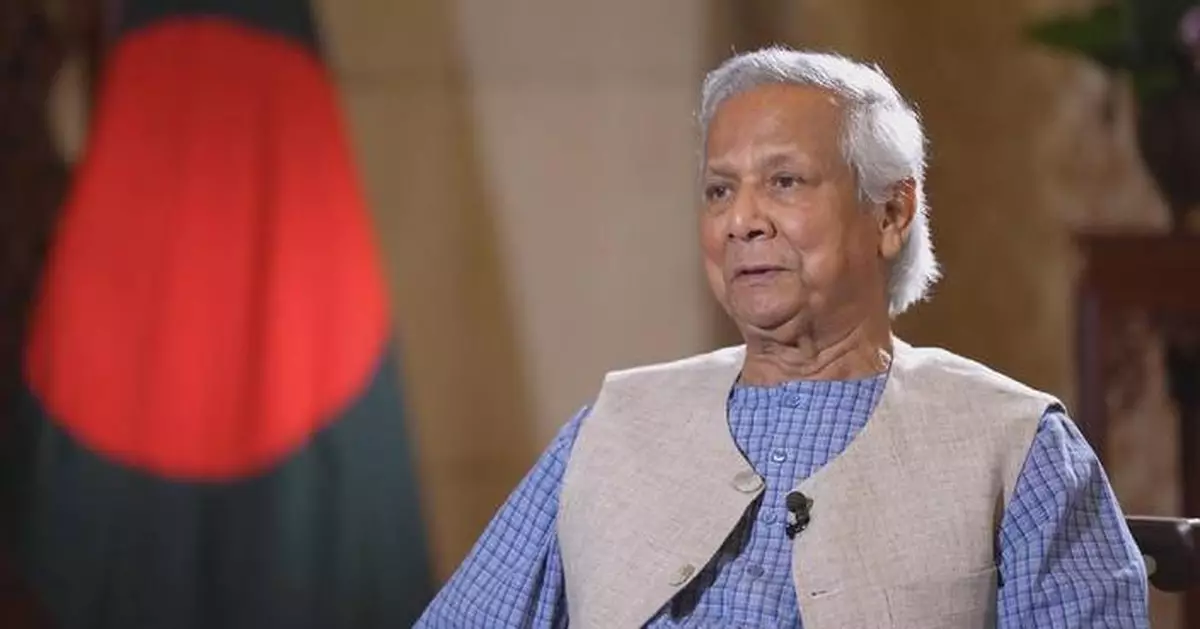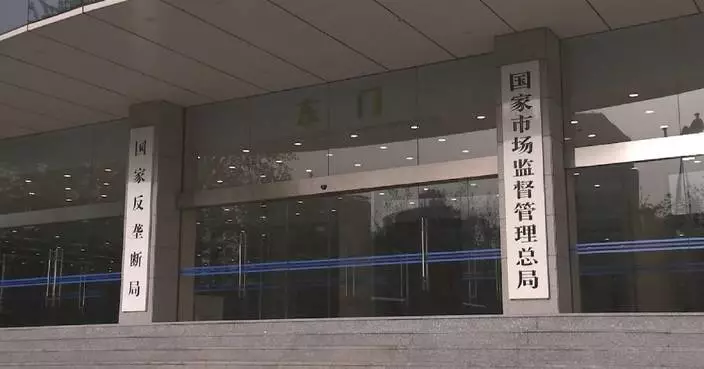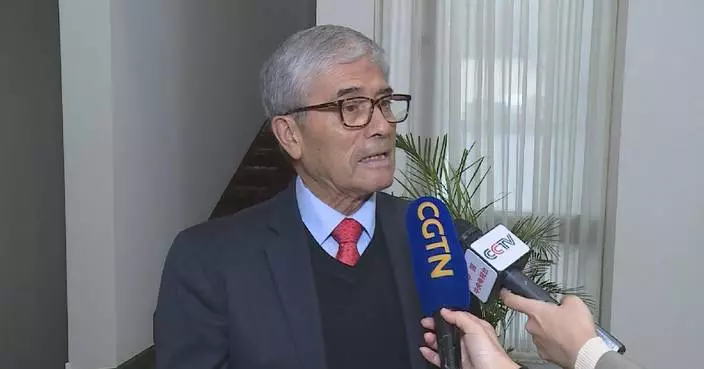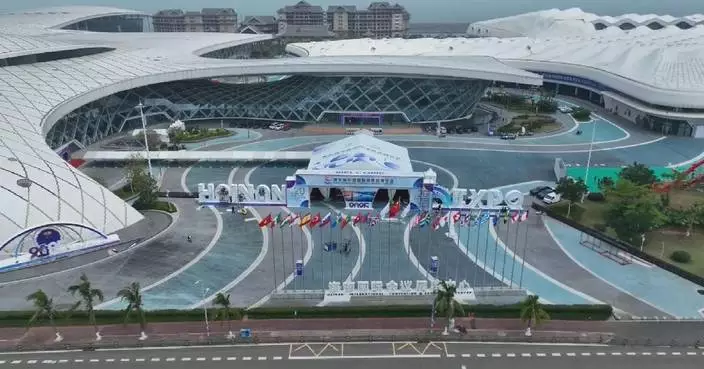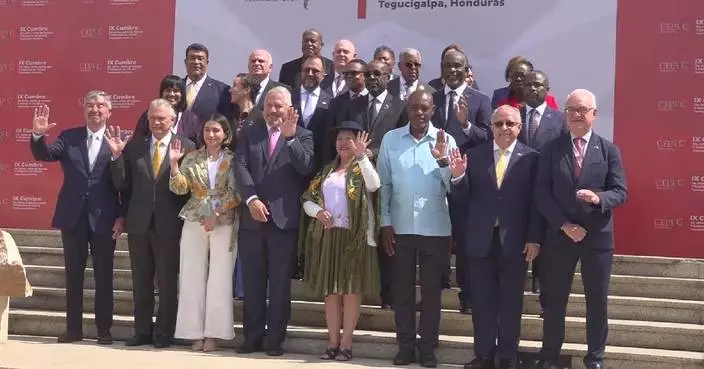China's Belt and Road Initiative (BRI) improves connectivity and helps foster a healthy economy in Bangladesh, said Bangladeshi interim government's Chief Adviser Muhammad Yunus in Beijing recently.
Bangladesh is the first South Asian country to sign a Memorandum of Understanding with China for the BRI cooperation.
Yunus said the BRI has robustly invigorated the country's economic activities as it improves its infrastructure.
"We need very much, that's why we were the first one to do that. We need connectivity. Road connection is one of the most efficient ways to carry all this product to these areas. So, we have to build up lots of roads communication. It's an artery for our economy. How to make it healthy economy? Build on the road communications," said the adviser.
"Belt and Road comes in a very important way and you benefit the people on both sides of the road. It's not just a long distance from the starting point of the ending point. The sub-roads were coming up, businesses will grow between neighbors in one town after another town, and so on. So, lots of energizing of the community, energizing of the population begin. So, we give a very high priority. I like that idea of Belt and Road," he said.
This year marks the 50th anniversary of China-Bangladesh diplomatic ties, and 2025 is also the year of people-to-people exchanges between the two countries.
Yunus arrived in Boao Town, south China's Hainan Province, in late March to attend the Boao Forum for Asia (BFA) Annual Conference 2025. During his four-day visit to China, he also met with Chinese President Xi Jinping and other senior Chinese leaders in Beijing.
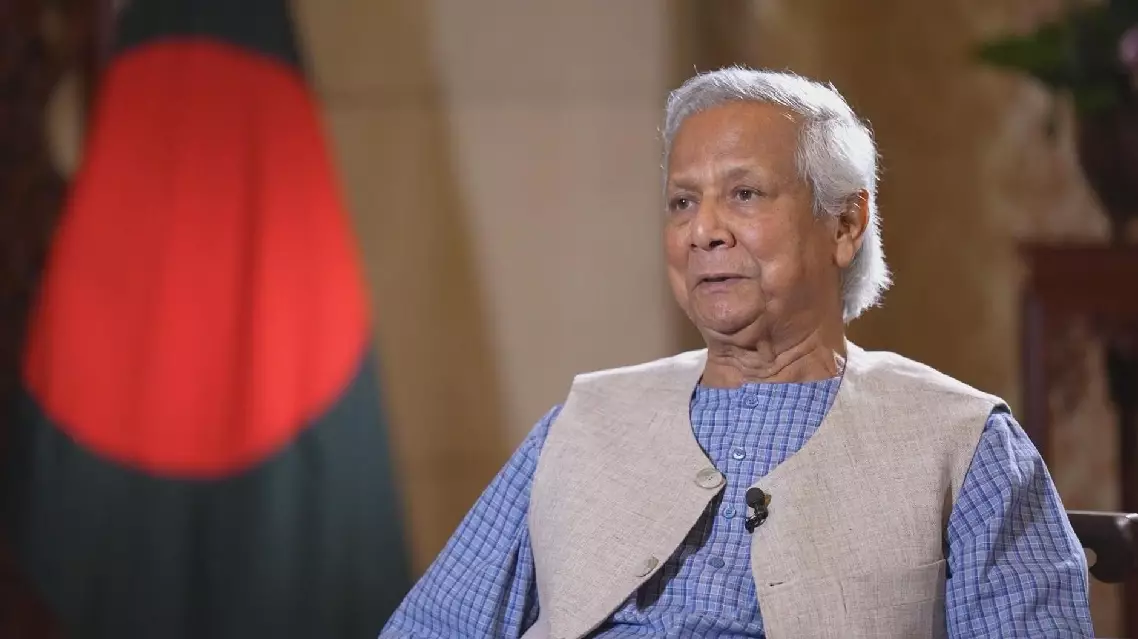
BRI helps invigorate Bangladeshi economy: interim gov't chief adviser
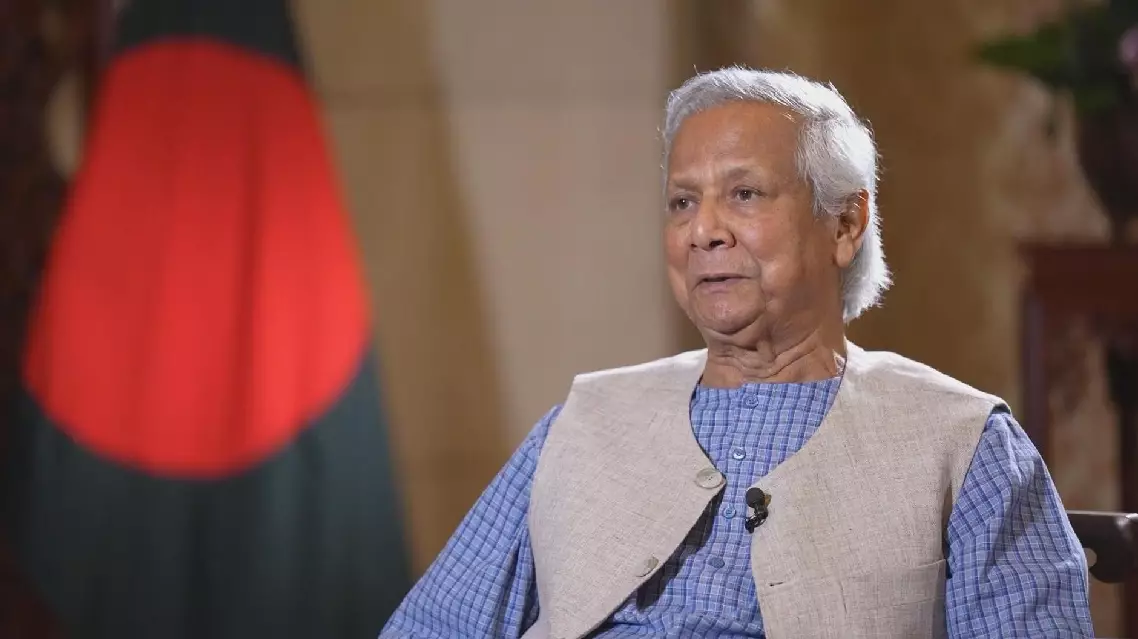
BRI helps invigorate Bangladeshi economy: interim gov't chief adviser
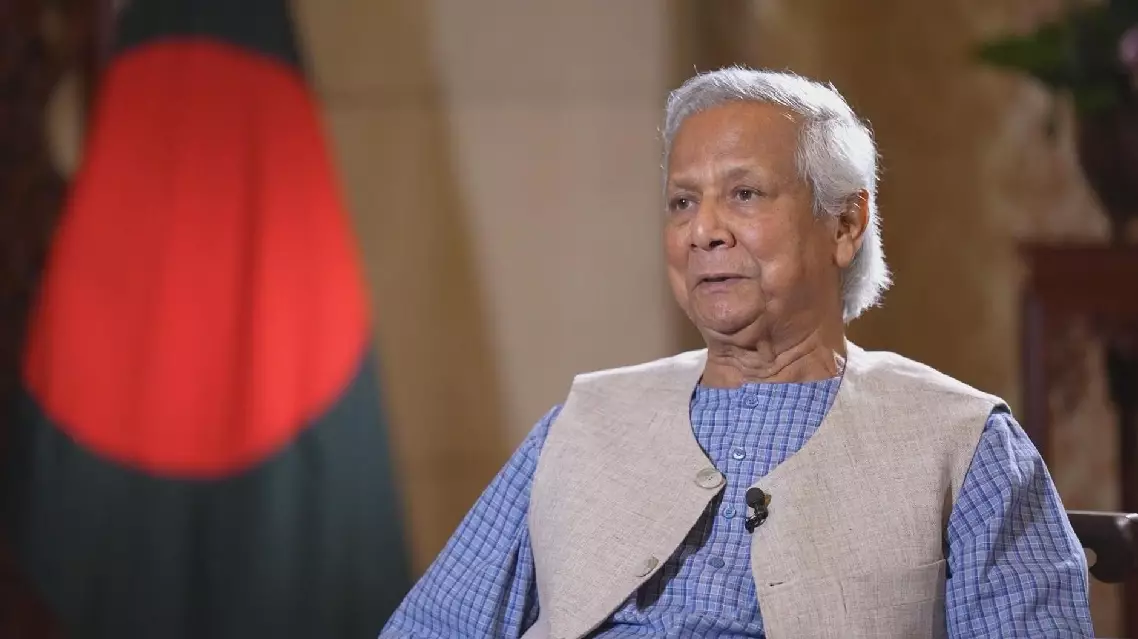
China's BRI helps invigorate Bangladeshi economy: interim gov't chief adviser
A conference on sustainable development cooperation among Shanghai Cooperation Organization (SCO) member states concluded with the signing of 18 key projects worth a total of 4.795 billion yuan (about 655.5 million U.S. dollars) on Thursday in north China's Tianjin Municipality.
The projects, covering new energy, new materials, infrastructure, and automotive supply chains, are expected to boost practical cooperation among member states.
Nearly 400 guests, including officials and enterprises from SCO member states, attended the opening session. The conference is part of a series of activities ahead of the upcoming SCO summit in China this autumn.
The agreements involve eight countries, including the UAE, Egypt, and Uzbekistan. Notable projects include a 200-megawatt transformer substation in Egypt's Suez Canal Economic Zone and a collaboration between the UAE and Tianjin Municipality to help local enterprises expand overseas.
Ahmed El Homosani, CEO of the Sczone Utilities, highlighted the importance of the power substation project in attracting quality investments. "What we are going to sign is a framework agreement regarding building a new substation, 200 mega of electricity power. It will attract more and better investments," he said.
Meanwhile, Avinash Jagetiya, CEO of UAE's Sun Management Consulting, emphasized the significance of the cooperation agreement with Tianjin. "Yes, I'm certainly looking forward to this conference and that is the reason I'm here. And in this conference also we are going to sign an MOU (Memorandum of understanding) with Tianjing government. And this project is a step forward in serving the Tianjin enterprises and expanding their footprints and overseas market," he said. The conference also featured specialized sessions on energy, infrastructure, and mining cooperation. Energy cooperation was a focal point, with representatives from Kyrgyzstan noting increased interest from Chinese investors in energy projects.
"At present, a large number of Chinese investors are directly engaged with Kyrgyzstan's State Investment Agency for energy projects, including hydropower, solar and wind power plants," said Maksatbek Botoyarov, chief specialist of the Department of Investment Attraction and Regional Development of Kyrgyzstan.
Participants, including representatives from traditional energy firm LONGi, expressed commitments to increasing investments in the new energy sector and exploring green transformation pathways with SCO members.
"Over the years, we have developed green electricity and green hydrogen products and technical solutions to help these SCO countries achieve their sustainable development and energy transition. We are also actively communicating with the Kazakh government to formulate specific plans and programs for implementation," said Shi Shufeng, marketing director of LONGi's Central and East African Market.
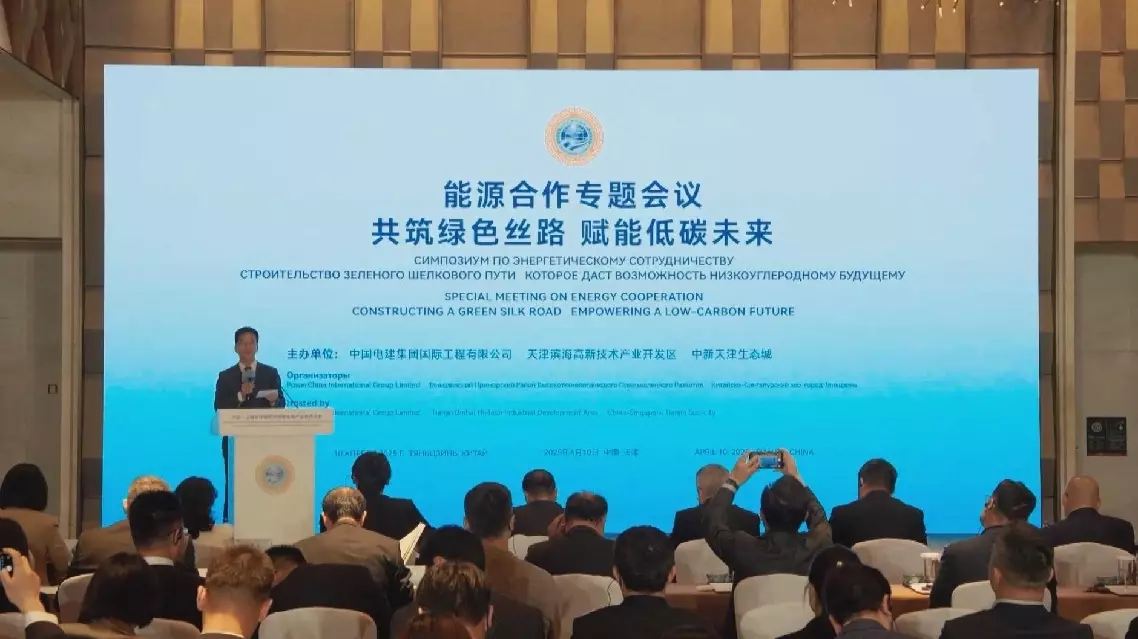
SCO sustainable development conference secures 18 projects involving nearly 4.8 bln yuan





